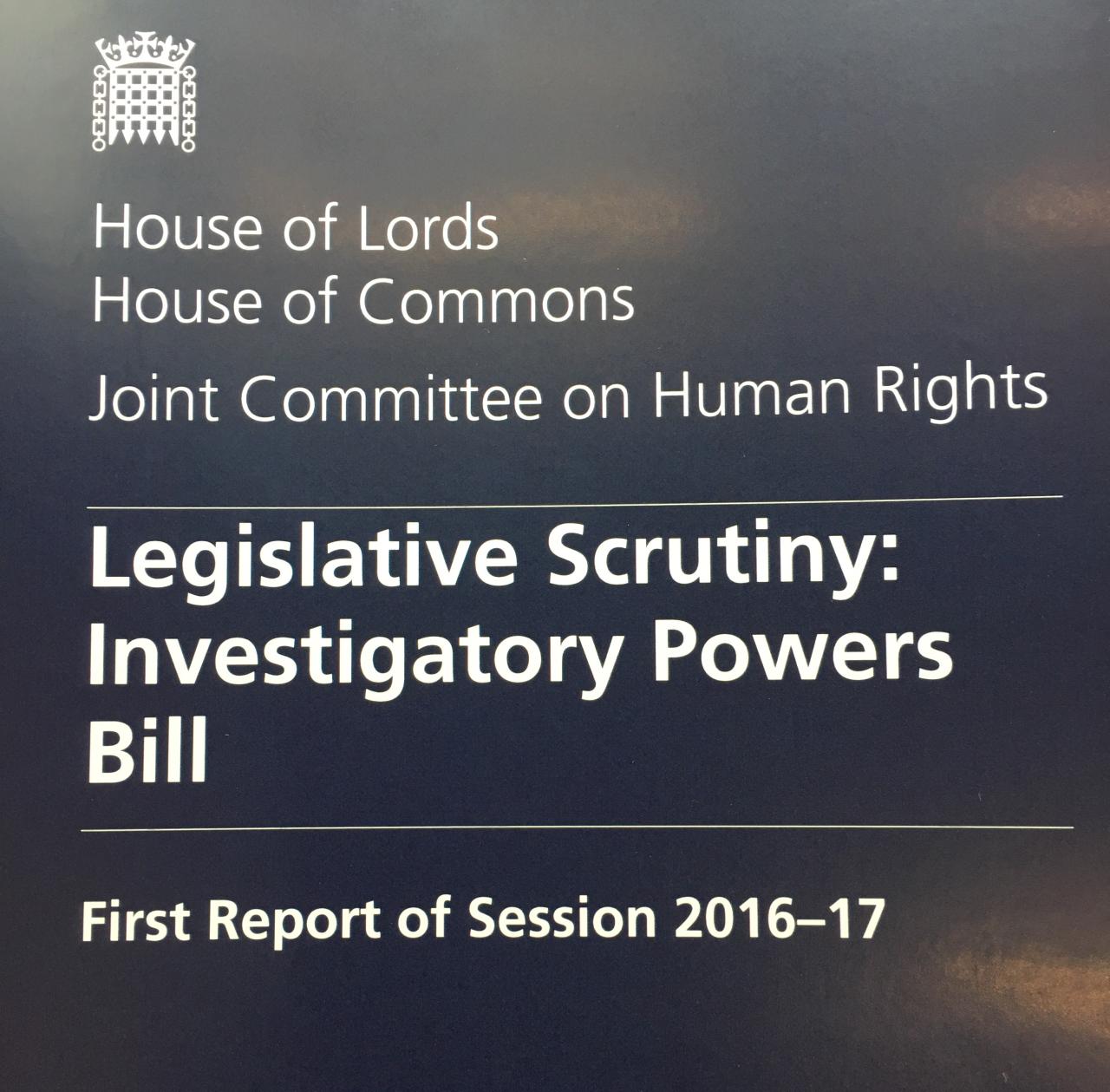Bill of rights apush significance – The Bill of Rights: Cornerstone of American Liberties and Modern Relevance, unveils the profound significance of this historical document in shaping the United States and safeguarding individual freedoms.
The Bill of Rights, ratified in 1791, stands as a testament to the enduring principles of liberty, justice, and the protection of individual rights. Its ten amendments have played a pivotal role in safeguarding citizens against government overreach and ensuring the preservation of fundamental freedoms.
Significance of the Bill of Rights in American History: Bill Of Rights Apush Significance
The Bill of Rights, comprising the first ten amendments to the United States Constitution, stands as a cornerstone of American history. Ratified in 1791, it arose from the post-Revolutionary War era when concerns over the potential tyranny of the newly formed federal government prevailed.
Role in Protecting Individual Liberties
The Bill of Rights serves as a shield for individual freedoms, safeguarding citizens against governmental encroachment. It guarantees fundamental rights such as freedom of speech, religion, and the press, as well as the right to bear arms and protection against unreasonable searches and seizures.
Examples of Safeguarding Citizens’ Rights
- The First Amendment has been invoked to protect religious practices, political speech, and the freedom of the press, even when such speech is unpopular or controversial.
- The Fourth Amendment has been instrumental in preventing illegal searches and seizures, ensuring the privacy of individuals and their homes.
- The Fifth Amendment has provided individuals with the right against self-incrimination, protecting them from being forced to testify against themselves in criminal proceedings.
The Bill of Rights and Modern Society
The Bill of Rights remains a vital cornerstone of American society, safeguarding fundamental freedoms and ensuring the protection of individual rights in the 21st century. Its principles continue to shape legal and political discourse, providing a framework for addressing contemporary issues and safeguarding civil liberties in an evolving technological landscape.
Contemporary Issues and the Bill of Rights
The Bill of Rights continues to be invoked in numerous contemporary issues, including:
- Freedom of Speech and Expression:The First Amendment protects freedom of speech, press, and assembly, ensuring the right to express dissenting views and challenge authority. This principle is invoked in debates over hate speech, social media censorship, and the balance between national security and individual liberties.
- Due Process and Equal Protection:The Fifth and Fourteenth Amendments guarantee due process of law and equal protection under the law, protecting individuals from arbitrary government actions and discrimination. These principles are essential in criminal justice reform, immigration policies, and ensuring fairness in legal proceedings.
- Privacy and Technology:The Fourth Amendment protects against unreasonable searches and seizures, while the Fifth Amendment safeguards against self-incrimination. In the digital age, these principles are challenged by advancements in surveillance technologies, data collection, and facial recognition systems.
Challenges and Opportunities in the Digital Age, Bill of rights apush significance
The digital age presents both challenges and opportunities for upholding the principles of the Bill of Rights:
- Online Privacy and Data Security:The Fourth Amendment’s protection against unreasonable searches and seizures is tested by government surveillance programs and the collection of personal data by corporations. Balancing national security concerns with individual privacy rights remains a complex issue.
- Free Speech and Social Media:The First Amendment’s protection of free speech extends to online platforms, but concerns arise about the spread of misinformation, hate speech, and the potential for censorship by private companies.
- Artificial Intelligence and Algorithmic Bias:The Fifth and Fourteenth Amendments’ guarantees of due process and equal protection are challenged by the use of artificial intelligence (AI) in decision-making systems. Addressing algorithmic bias and ensuring fairness in AI applications is crucial.
The Bill of Rights and Comparative Law

The Bill of Rights is a unique document in American history, but it is not the only document of its kind. Many other countries have adopted similar documents, known as bills of rights or constitutions, that protect the rights of their citizens.
The Bill of Rights has had a significant influence on the development of international human rights law. The Universal Declaration of Human Rights, adopted by the United Nations in 1948, is based in part on the Bill of Rights. The European Convention on Human Rights, adopted by the Council of Europe in 1950, is also based on the Bill of Rights.
Strengths of the Bill of Rights
- The Bill of Rights is a concise and clear document that is easy to understand.
- The Bill of Rights has been interpreted by the Supreme Court to protect a wide range of rights, including the right to free speech, the right to bear arms, and the right to due process of law.
- The Bill of Rights has been a model for other countries that have adopted similar documents.
Weaknesses of the Bill of Rights
- The Bill of Rights does not protect all rights. For example, it does not protect the right to privacy.
- The Bill of Rights has been interpreted differently by different courts, which has led to some confusion about what rights are actually protected.
- The Bill of Rights can be amended, which means that it is not as permanent as some other documents.
FAQ Corner
What is the historical context of the Bill of Rights?
The Bill of Rights was adopted in response to concerns about the powers of the federal government and to protect individual liberties from potential abuses.
How has the Bill of Rights been used to safeguard citizens’ rights?
The Bill of Rights has been used to protect freedom of speech, religion, and the press, as well as the right to bear arms, the right to a fair trial, and the right against unreasonable searches and seizures.
What are some contemporary issues where the Bill of Rights is invoked?
The Bill of Rights continues to be invoked in cases involving national security, surveillance, and the balance between individual rights and government authority.